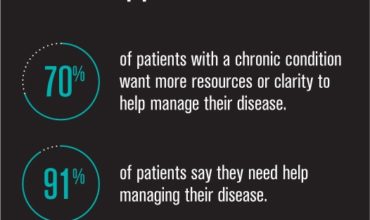Responsibility for Patient Engagement Belongs to Everyone

A recent Becker’s Hospital Review article challenges the practice of putting responsibility for patient experience under the purview and responsibility of a single department or individual. Historically, hospitals have focused on satisfaction with a clinical experience solely as measured by HCAHPS scores. Some task marketing departments with improving experience by focusing on brand image. More recently, bigger hospitals and health systems are assigning chief experience officers the responsibility of improving the larger experience—a combination of clinical care satisfaction and brand perception—of both patients and caregivers.
But, as the Becker’s author notes, “the question of responsibility, of who owns the patient experience, must be answered with reference to a robust partnership among everyone involved—including clinicians, experience departments and marketers.”
The key to this shared ownership is a holistic patient engagement strategy.
Such a strategy understands that in many ways, today’s health care consumers are different from those of the past. They expect convenience and information and services on demand. They are accustomed to personalized, customized marketing content. They consult multiple sources – friends, family, online sites – for health care information. They form brand loyalty based on perception and experience.
But, in many ways, they are the same. They want their health care providers to care for and about them as individuals. They want to be healed and their fears alleviated. They want to be respected and understood. They want straightforward, understandable information.
What health care consumers want is personalized care and service – before they become a patient, during their care experience and after. They want information and experiences that speak to them….to their values, needs and concerns.
A robust, technology-enabled patient engagement strategy ties together these two halves of today’s health care consumer. It uses the contemporary tactics and tools of consumerism – personalization, digital targeting, convenience, data-driven behavior insights – to achieve the timeless goal of patient-centered care.
And it ties together the multiple, diverse departments and individuals within a hospital to share the patient engagement commitment.
For more information on how NectarOM Health can work with your hospital to implement a patient engagement strategy to enhance patient experience across channels and settings, contact Amrit Kirpalani or request a demo.





